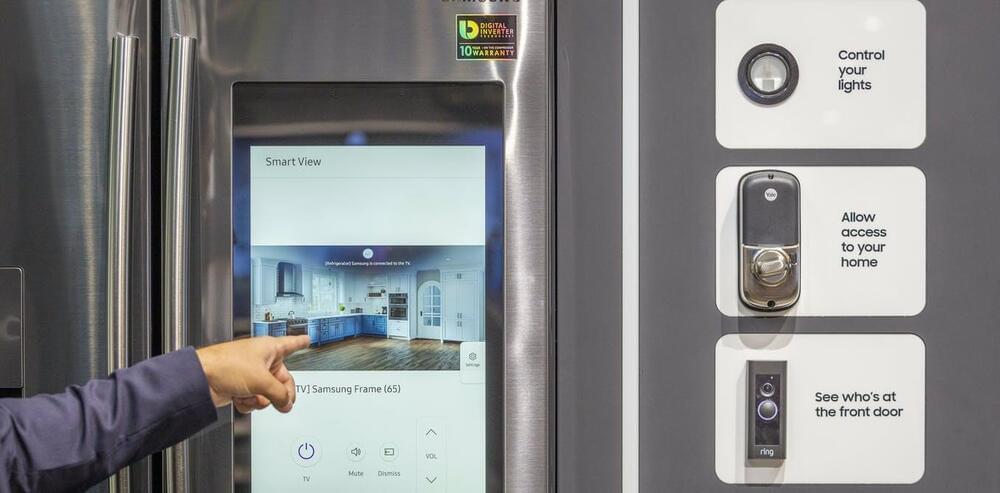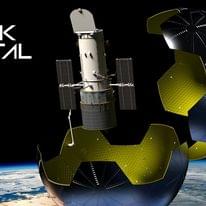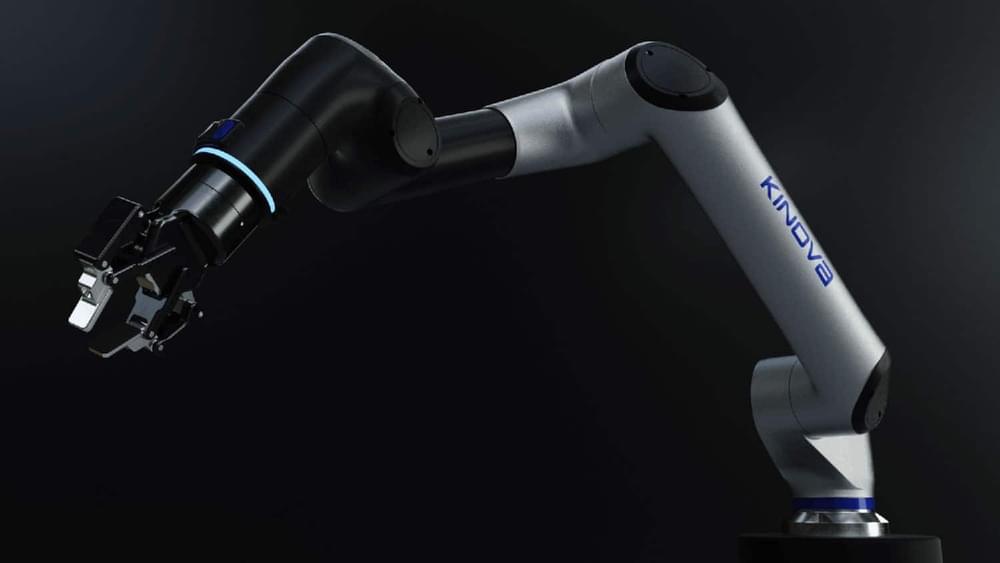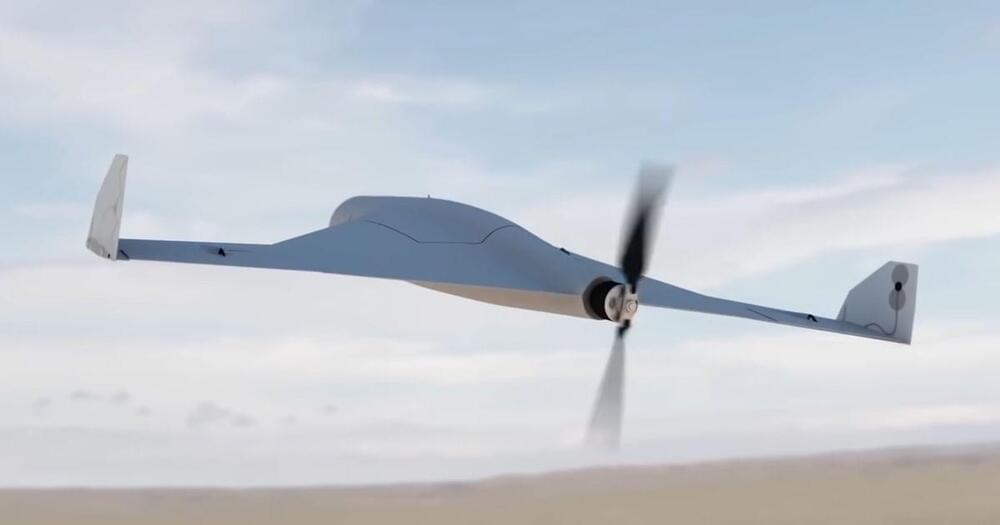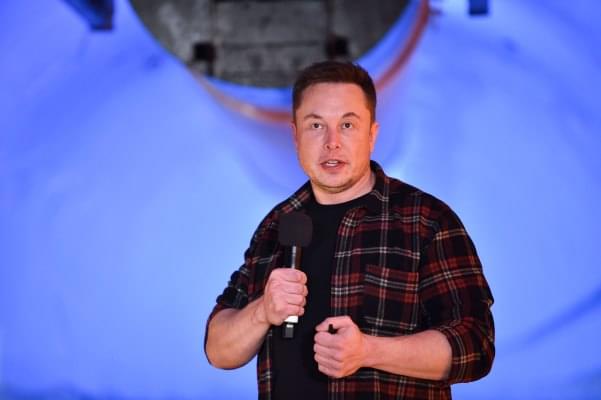Your appliances, car and home are designed to make your life easier and automate tasks you perform daily: switch lights on and off when you enter and exit a room, remind you that your tomatoes are about to go bad, personalize the temperature of the house depending on the weather and preferences of each person in the household.
To do their magic, they need the internet to reach out for help and correlate data. Without internet access, your smart thermostat can collect data about you, but it doesn’t know what the weather forecast is, and it isn’t powerful enough to process all of the information to decide what to do.
But it’s not just the things in your home that are communicating over the internet. Workplaces, malls and cities are also becoming smarter, and the smart devices in those places have similar requirements. In fact, the Internet of Things (IoT) is already widely used in transport and logistics, agriculture and farming, and industry automation. There were around 22 billion internet-connected devices in use around the world in 2018, and the number is projected to grow to over 50 billion by 2030.
